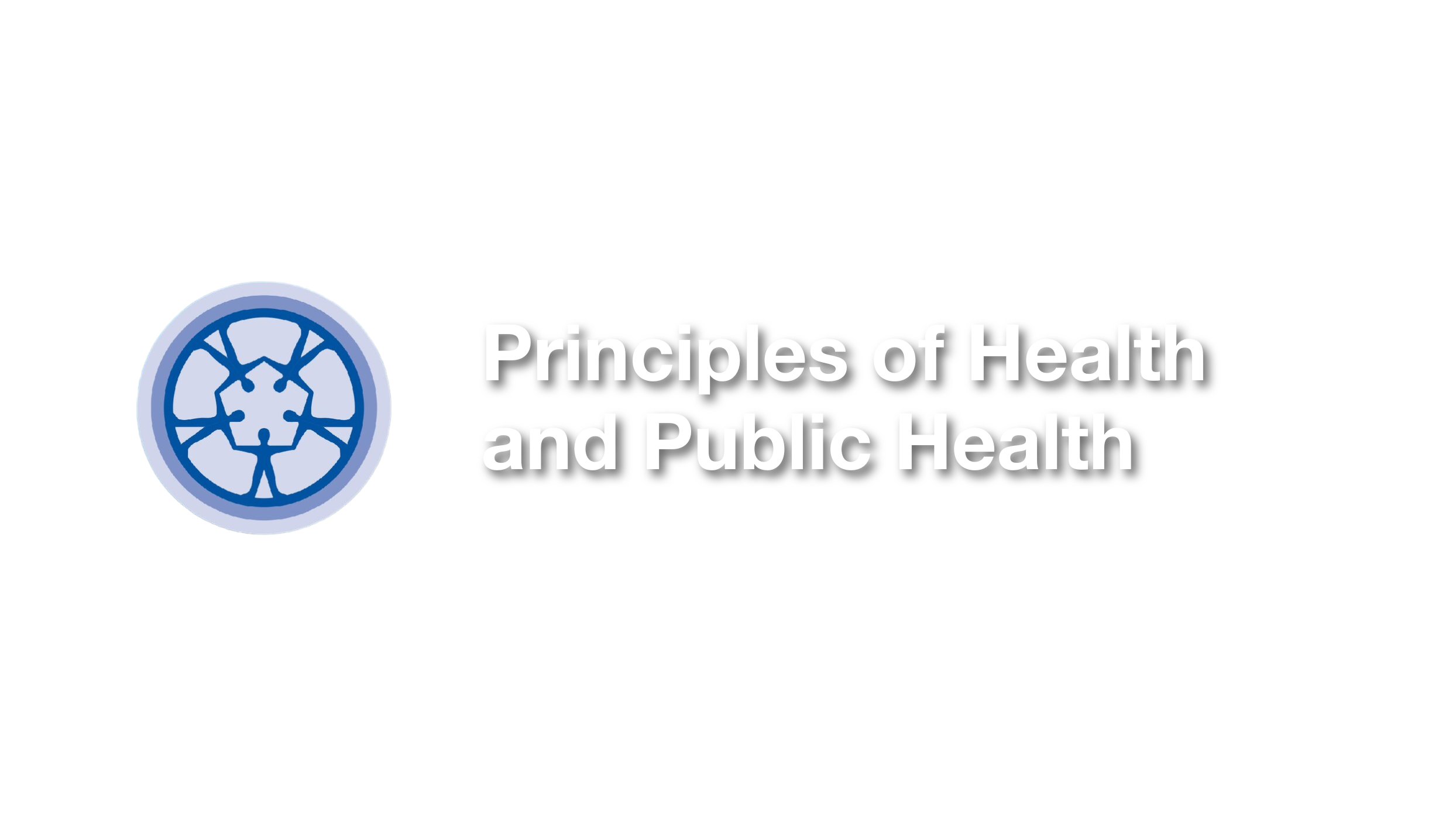Next session to be announced soon
This course outlines the path medical science took to understand the human body and how to protect it (public health). It bridges the gap between the fundamental sciences and how to apply them to medicine and public health, heart attacks, stroke, pandemics and how to fight them.
Students will learn about the broad applications of scientific principles in public health beyond just technological advancements in medical equipment. This interdisciplinary approach aims to provide a comprehensive understanding of health science for innovative public health strategies.
This course speaks to a general audience (no mathematical prerequisites required).
Your Instructor
Matthias F. Schneider
TU Dortmund University, Germany
Dr. Schneider is a Professor of Physics at TU Dortmund in Germany and head of the Medical and Biological Physics Group. His research focuses on Physics of Living Systems and Health. He has taught at Boston University and Augsburg University. He holds a Ph.D. in Physics from the Technical University of Munich. He worked at MIT, Yale and the Max Planck Institute for Biophysical Chemistry in Göttingen, Germany.
Matthias Schneider’s Google Scholar Profile
Schedule and Timing
Enrolling in this course grants you access to interactive sessions and a peer network for collaborative learning. Each immersive session combines in depth lectures on key topics, such as the integration of physics, chemistry, biology, and medicine, and hands-on exercises designed to deepen your understanding of scientific principles in public health beyond just technological advancements.
This course will be conducted over four weekly sessions, each held on Tuesdays. Mark your calendars with the following schedule and and reserve additional time each week for self-paced material.
The Next Course Dates to be Announced
To apply for a scholarship, click here.
Questions? Contact us at programs@necsi.edu.
Course Contents
Abstract
The separation of science into physics, chemistry, and biology/medicine is entirely artificial. Reintegrating these disciplines will be one of the biggest challenges in understanding life and health.
In this series of lectures, Matthias will provide an introduction to the essential role of science and physics in the field of public health and medicine, extending well beyond the design and development of sophisticated instruments within a hospital setting.
Here’s What You’ll Learn
-
What is Life and What is Health?
The Big Ideas of in Biology
The Difference Between Physics, Chemistry, and the Life Sciences
What Is Missing and What Is Needed?
H. v. Helmholtz and the Unification of the Sciences for Health
-
Understanding Life?
Momentum Conservation and Communication in Biology
Putting Back Together, What Nature Never Took Apart
Conservation Laws: Einstein and the 2nd Law
Do Phase Transitions Exist in Living Systems?
Outlook: How Far Do We Get with Conservation Laws?
-
Brian Harvey and the Circulation of Blood
Momentum Conservation and Blood Flow
How "Bendi" Shells Change the Flow
How Damage and Healing Can Have the Same Origin During Clotting
What ∇ x v → May Have To Do With Heart Attacks
Fractals in Physiology: Feeding and Protecting
Helmholtz and The Sensation of Sound
Tonotopy: Mapping the Sound
-
What Pandemics, Circulation, and Phase Transitions Have in Common
The Problem with Probability and Why Humans Still Gamble
Bill Gates Walks into a Bar: The Pareto Distribution
Networks and Super Spreaders


